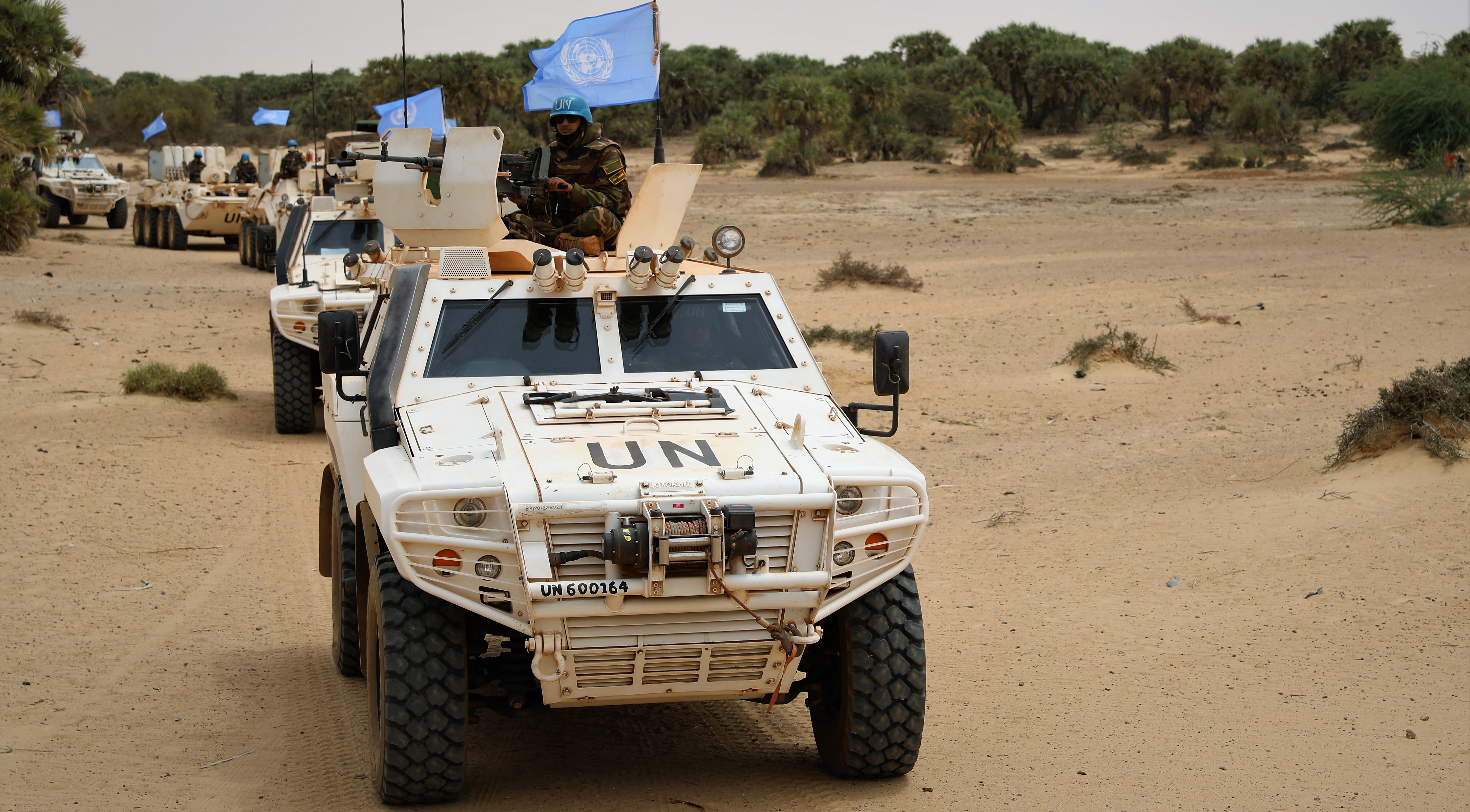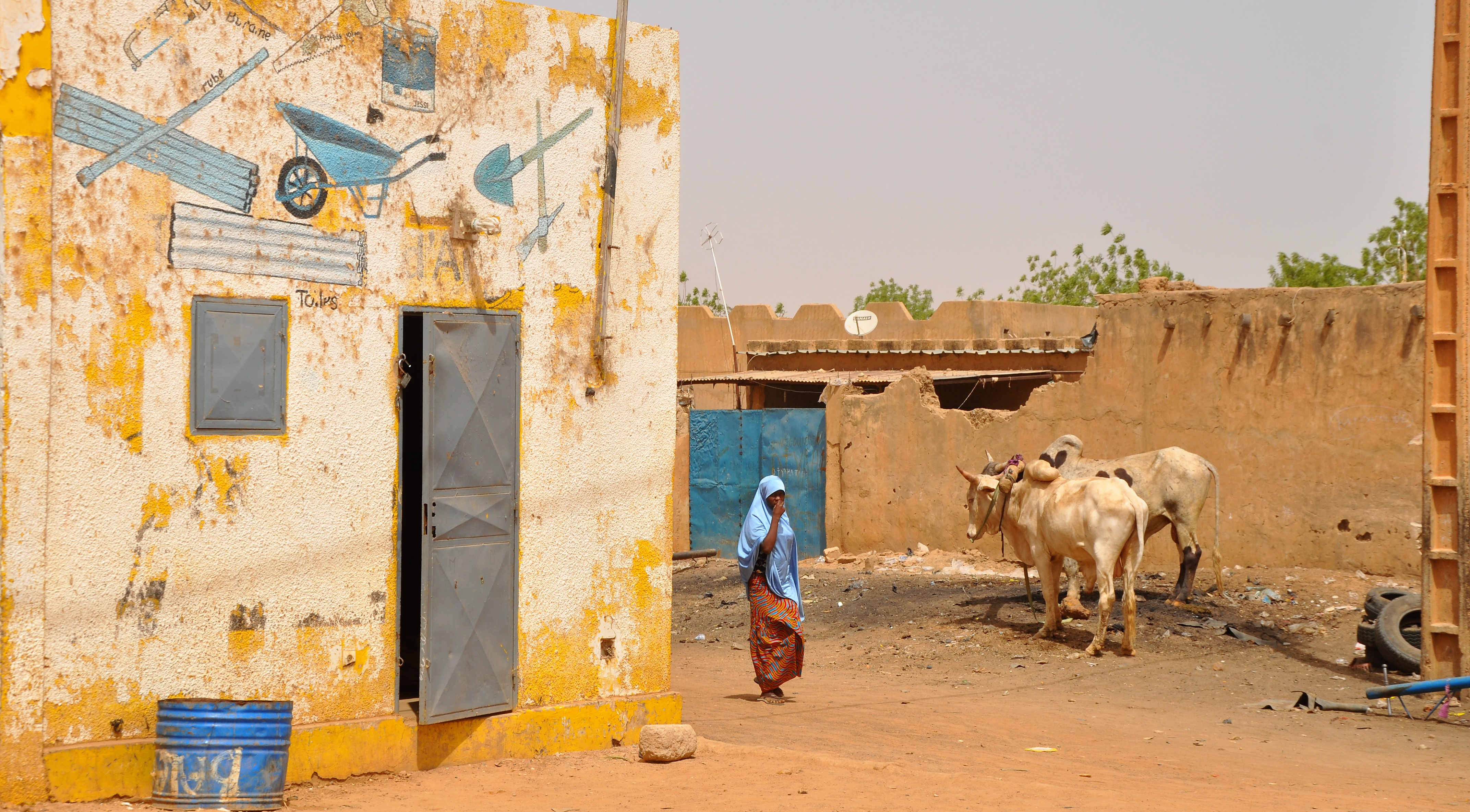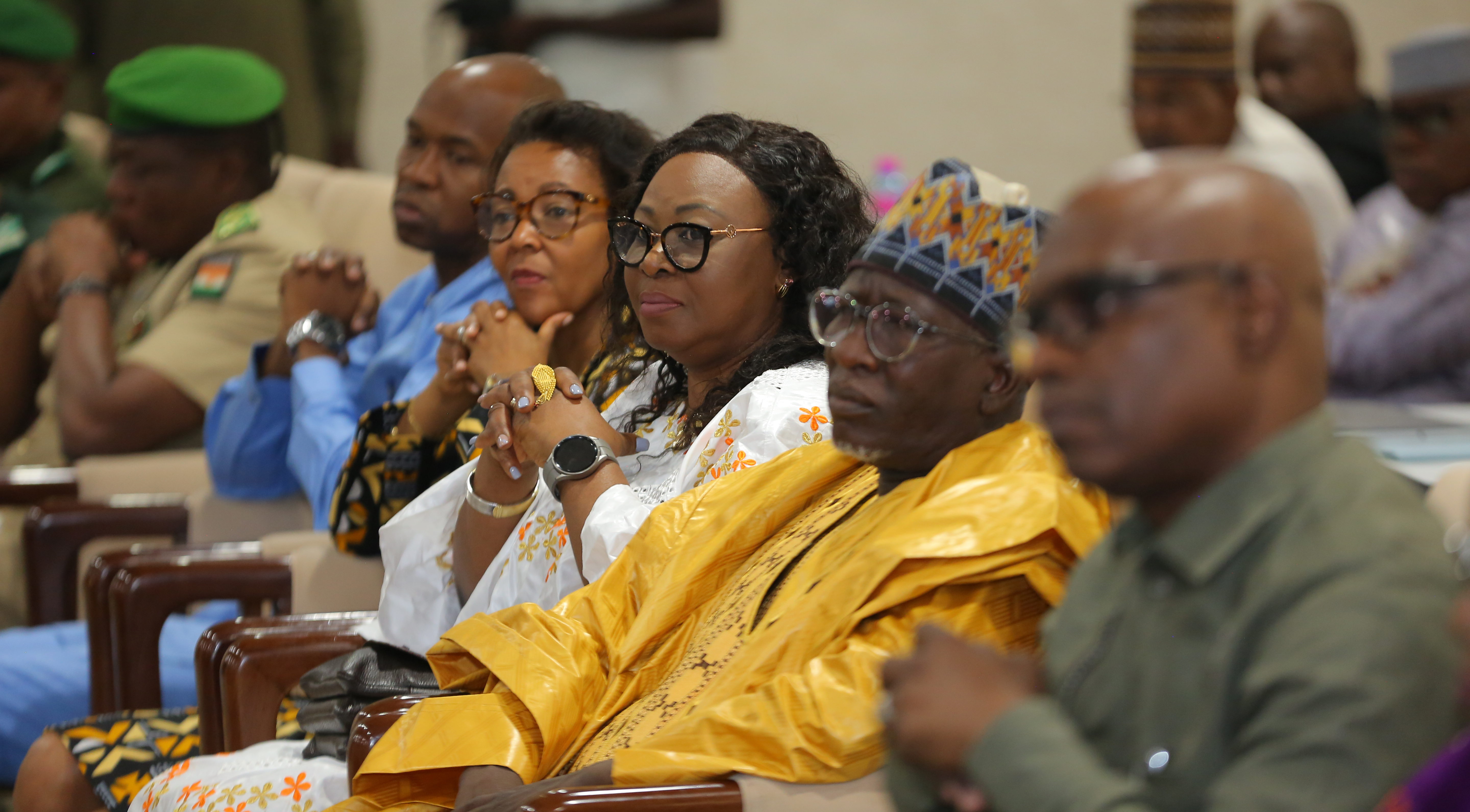The November edition of the à propos covers the intricate dynamics shaping the Sahel, a West African region marked by persistent political instability and violence since the 1960s when most of its states gained independence. Governance issues, coupled with socioeconomic and environmental challenges, contribute to the emergence of extremist groups, climate-induced land conflicts, as well as food insecurity, and leave local populations in a precarious situation that gradually intensifies.
International troops have intervened with the official goal of supporting local governments in the fight against insecurity in the Sahel. However, their methods have faced increasing scrutiny. They are accused of pursuing hidden motives, engaging in neocolonial behavior, and contributing to the proliferation of rebel insurgency across the Sahel.
In addition to the six coup d’états in the region since 2020, these allegations have played a role in the partial withdrawal of international troops from Mali in August 2022, Burkina Faso in January 2023, and Niger in October 2023, marking a significant shift in the peace and security landscape of the region. The resulting situation raises crucial questions about the role of civil society and how it can respond to the new security order. In this edition, several KOFF organizations and their partners give insights into their activities and concerns amidst these transformations.
I wish you a pleasant read.
Sanjally Jobarteh, Editor of KOFF magazine



